Rolling Stones drummer Charlie Watts dies, aged 80
‘We starved ourselves to pay for him,’ wrote Keith Richards. ‘Literally. We went shoplifting to get Charlie Watts. We wanted him so bad, man.’
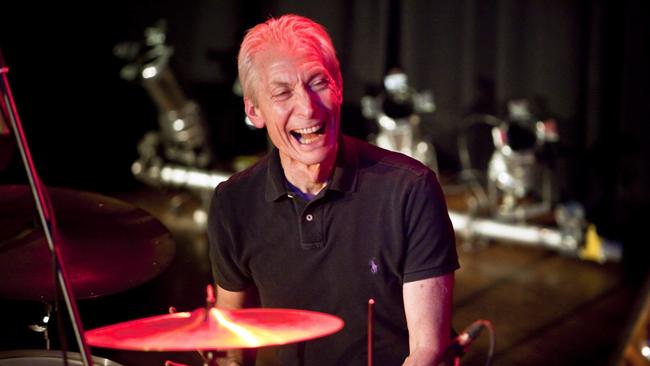
When Charlie Watts died in London on Wednesday morning, Australian time, the world lost one of the most respected and influential drummers in rock ‘n’ roll history.
After keeping time for 80 years – 58 of those spent as a founding member of The Rolling Stones – his time was up, but it’s worth reflecting on the circumstances behind his arrival in 1963.
“We starved ourselves to pay for him,” wrote guitarist Keith Richards in his 2010 memoir, Life. “Literally. We went shoplifting to get Charlie Watts. We cut down on our rations, we wanted him so bad, man.”
The temporary deprivation was worth it. Watts cut an unassuming figure while sat behind his flashier bandmates – particularly the flamboyant showmanship of singer Mick Jagger – yet his jazz-influenced playing soon became a distinctive, central part of its sound.
Prior to his recruitment, “all we want to do is be the best blues band in London and show the f..kers what’s what because we know we can do it,” wrote Richards.
Yet with Watts in their ranks, the Stones now had what the founding guitarist called “the secret essence of the whole thing”. From then on, there was no mountain in pop music the group could not climb together.
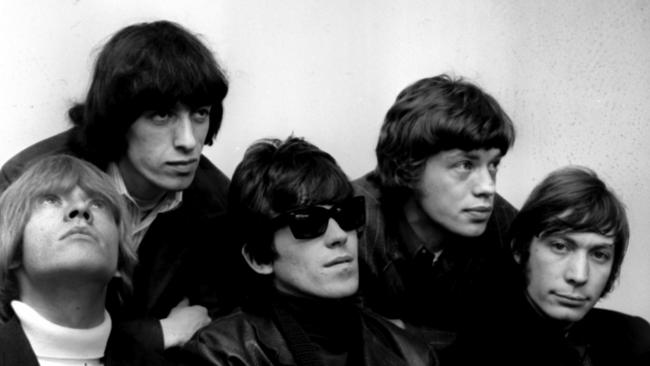
The 1965 single (I Can’t Get No) Satisfaction reached No 1 in the US, and set in train a commercial juggernaut that showed no signs of slowing down.
The biggest mountain was its 147-date world tour, A Bigger Bang, which was attended by about 4.6 million people and earned US$558m between 2005 to 2007 while becoming one of the highest grossing tours of all time.
It’s easy to get lost in the numbers with this band, though. Easy to gloss over the hard part, which is actually writing the riffs, grooves, hooks and songs that have become imprinted on our cultural DNA.
“If it hadn’t been for Charlie, I would never have been able to expand and develop,” wrote Richards in his memoir. “Number one with Charlie is that he’s got great feel. He had it then, from the start. There’s tremendous personality and subtlety in his playing.”
“If you look at the size of his kit, it’s ludicrous compared with what most drummers use these days,” he wrote. “They’ve got a fort with them. An incredible barrage of drums. Charlie, with just that one classico setup, can pull it all off. Nothing pretentious, and then you hear him and it don’t half go bang.”
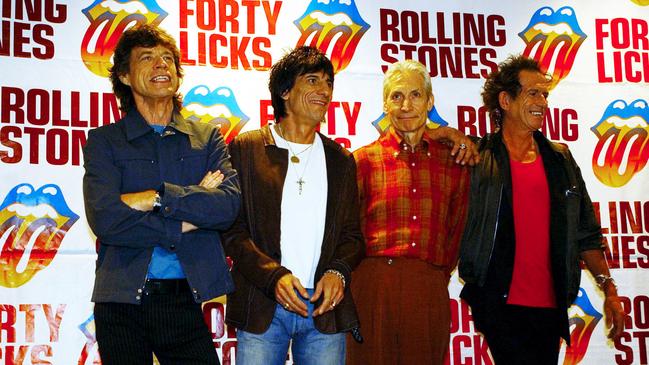
His unique style of playing has influenced practically everyone who picked up the sticks after 1965.
Midnight Oil drummer Rob Hirst counts Watts as among the best to ever do it.
“If you watch Charlie closely, he does something that hardly any other drummer ever did,” Hirst told The Australian. “When you’re playing fours on the high-hat, on beat three, you lift the high-hat off, and you let the snare come down.”
“It changes the whole sound of that snare, because instead of having the snare masked by the high-hat sound, the snare is allowed to ring out by itself,” said Hirst. “That’s pure Charlie, and that’s the secret to the Stones groove, which is why no other band sounds like them.”
Sydney-born rock band You Am I supported the Rolling Stones on its Australian tour in 2003.
“We got to watch them from side of stage a couple of times,” drummer Rusty Hopkinson told The Australian. “It was very exciting to watch as a drummer, because you’re used to people trying to push or pull, or show off. But to see someone who’s willing to be in there amongst it and hold it all together, it’s quite fantastic to watch.”
Asked about Watts’s unflashy, unpretentious approach to playing live, Hopkinson replied, “There’s other guys who can be the peacocks and draw attention to themselves. You’re there to provide that backing for them to do that. You got the feeling that Charlie really couldn’t care less if anybody ever saw him. I think he was happy in his own little world, playing those songs.”
“But everybody had their eyes on Charlie,” he said. “Because he was the guy.”
At present, the Rolling Stones are midway through an extensive US stadium run hampered by a two-year pandemic delay. On August 5, Watts announced that he would sit out the tour after undergoing an unspecified medical procedure.
“For once my timing has been a little off,” he said in a statement at the time. “I am working hard to get fully fit but I have today accepted on the advice of the experts that this will take a while.”
It was not to be. The next date is September 26 in St Louis, with longtime Stones associate Steve Jordan already announced as the replacement behind the kit.
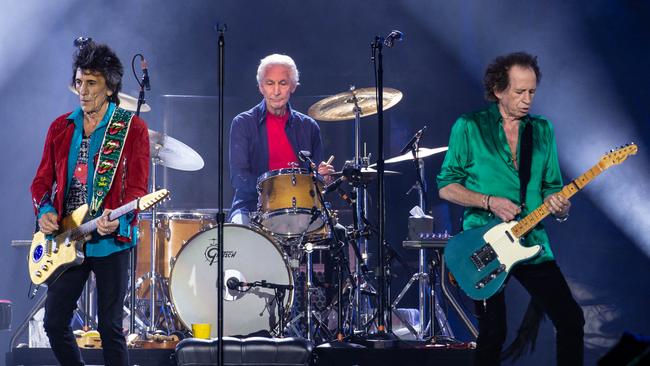
Given the extensive footprint of The Rolling Stones as a global business and the plans already in place, odds are that the tour will proceed next month as a tribute to their fallen bandmate, through to its planned conclusion in Austin, Texas on November 20.
The loss of their eminently reliable drummer leaves Jagger and Richards as the two surviving co-founders, aged 77 and 78, respectively. As for what comes after that? Only Mick and Keith know.
“It’s very sad for people of our vintage who’ve lost the great drummers of our generation, whether they be Mitch Mitchell from the Jimi Hendrix Experience, or Keith Moon from The Who, or John Bonham from Led Zeppelin,” said Midnight Oil’s timekeeper Hirst.
“As they pass, one by one, you can’t help thinking that so many were replaced by machines – which yes, might be metronomic, but will never have that way of moving the hips that those great drummers all had,” said Hirst.
Watts’s final concert took place almost two years ago, on August 30, 2019 at Hard Rock Stadium in Miami Gardens, when he was aged 78. The final song he played with his bandmates? Satisfaction.


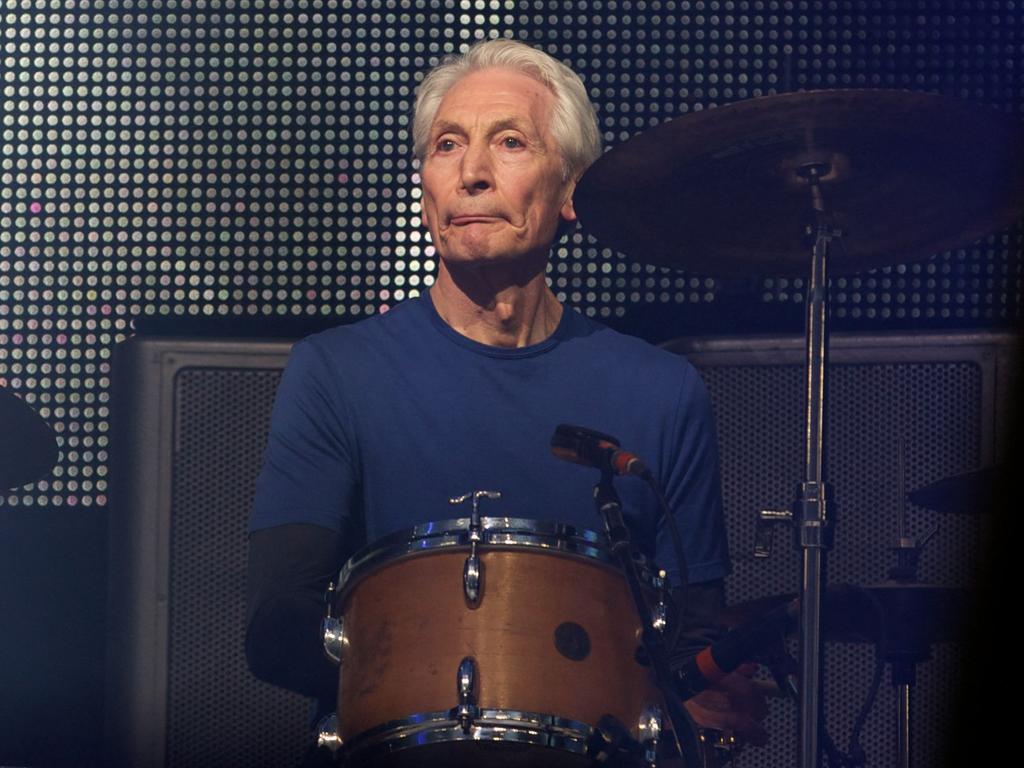
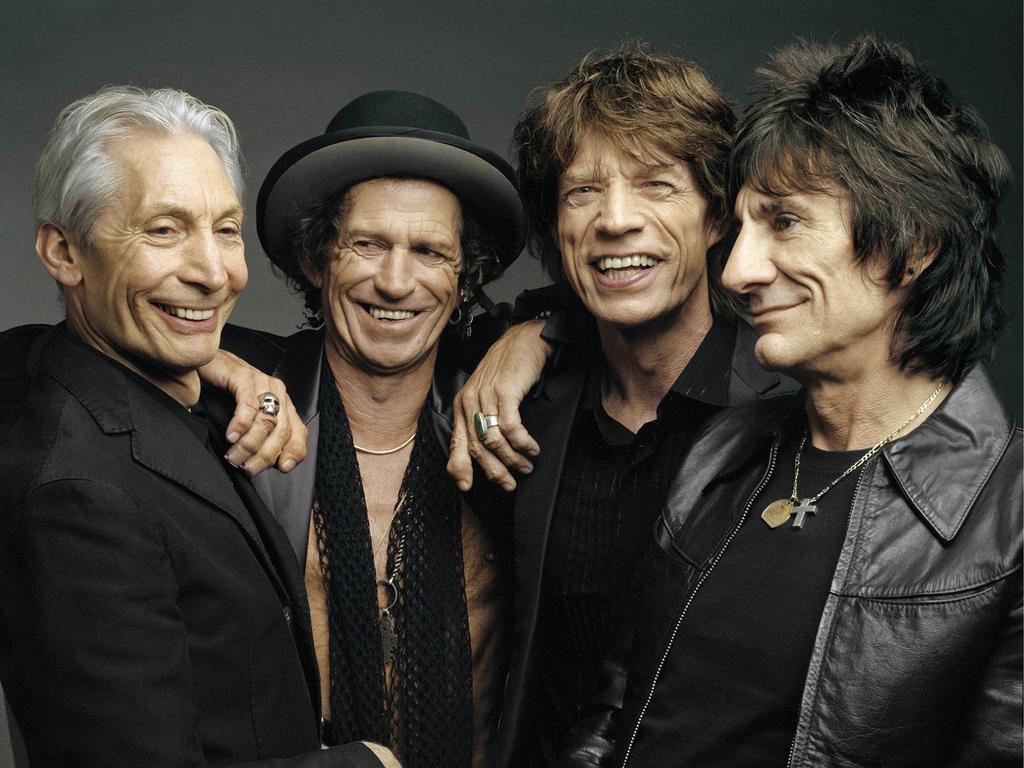

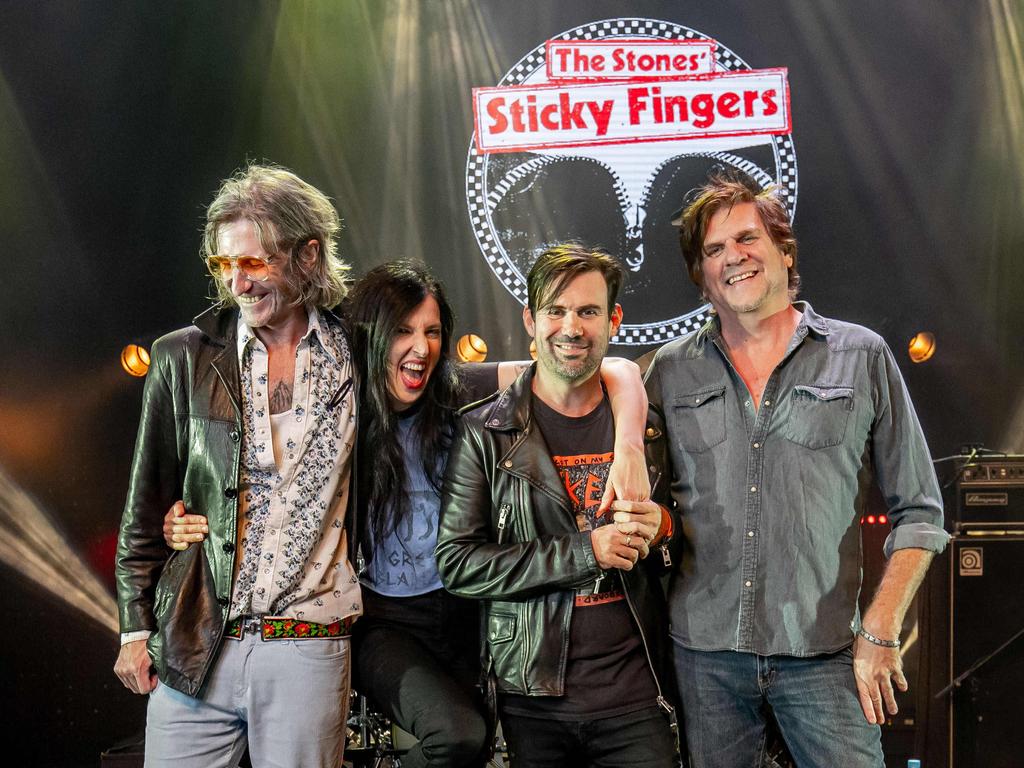
To join the conversation, please log in. Don't have an account? Register
Join the conversation, you are commenting as Logout